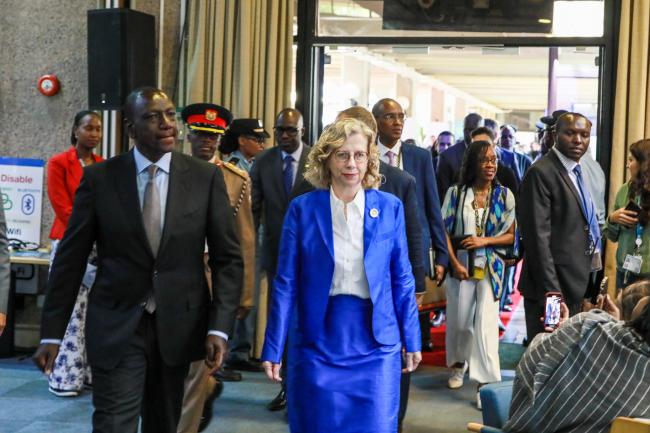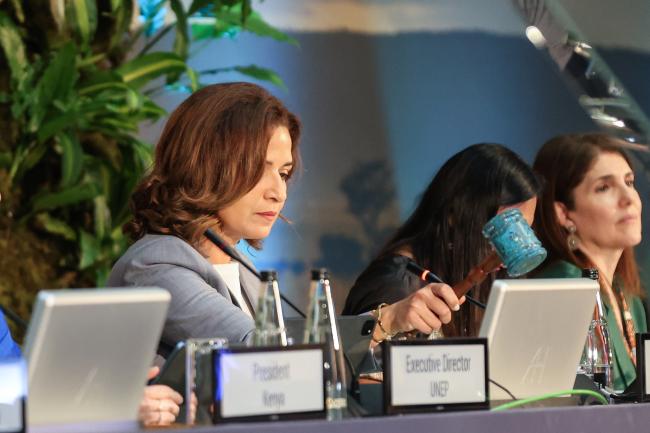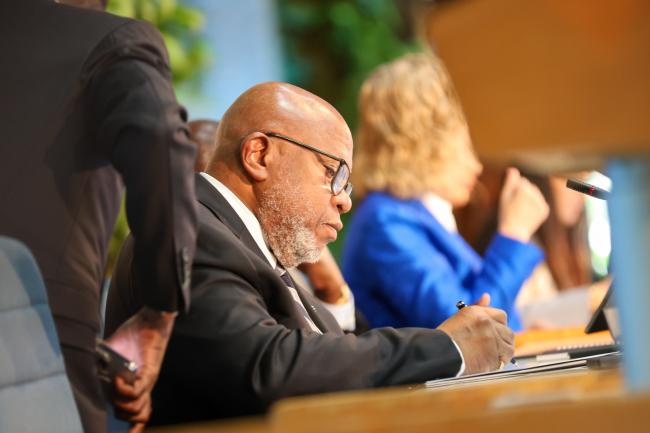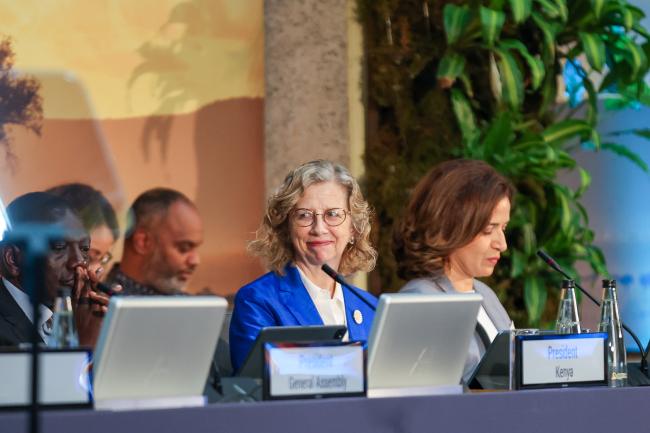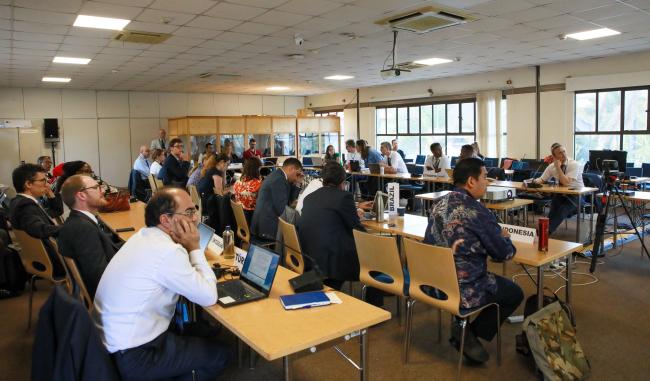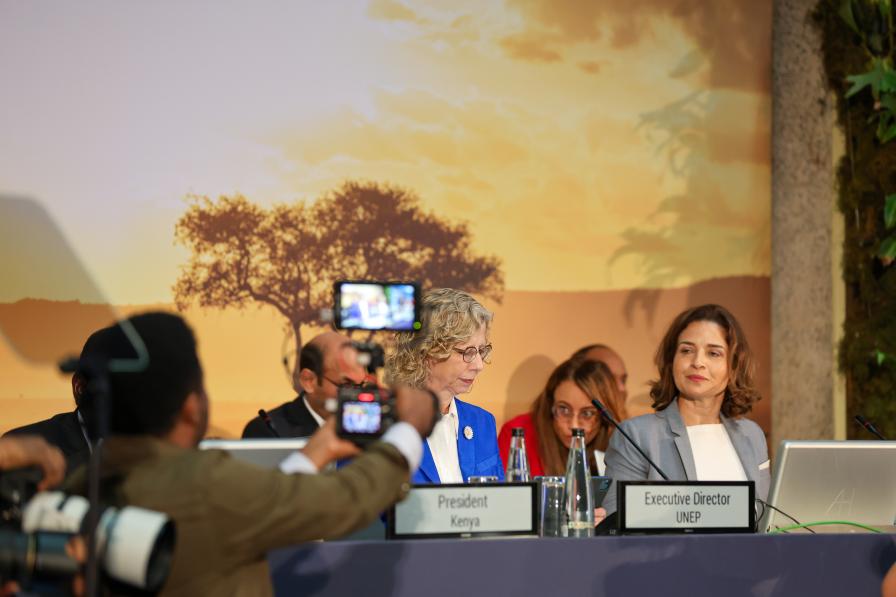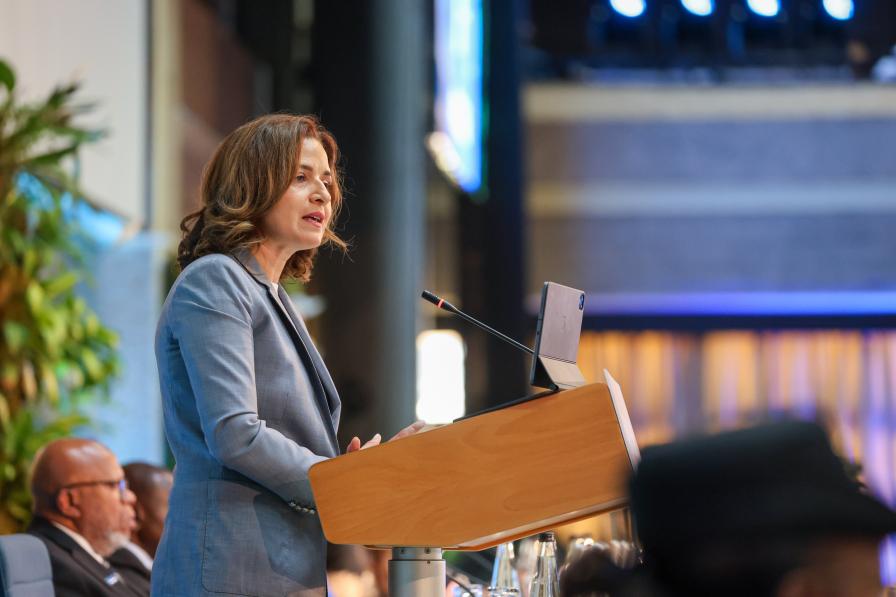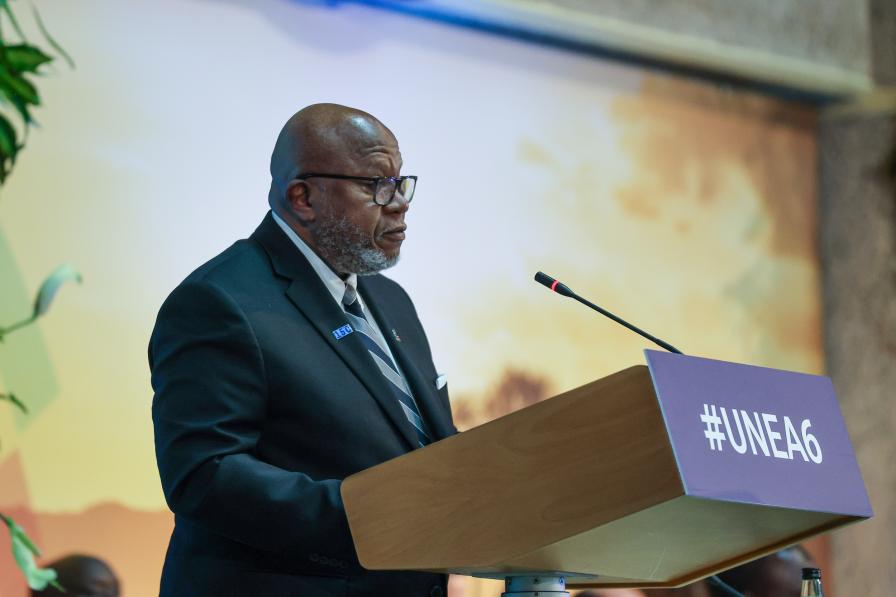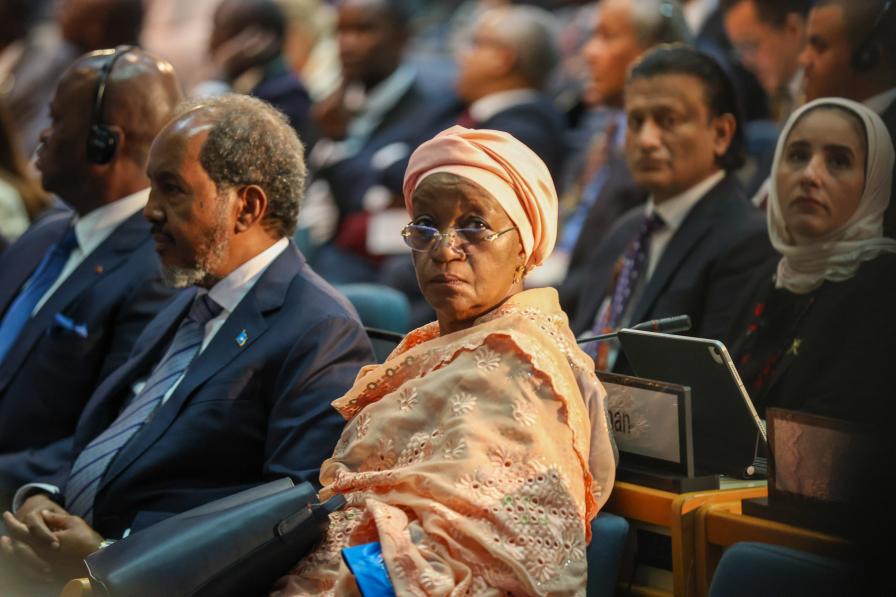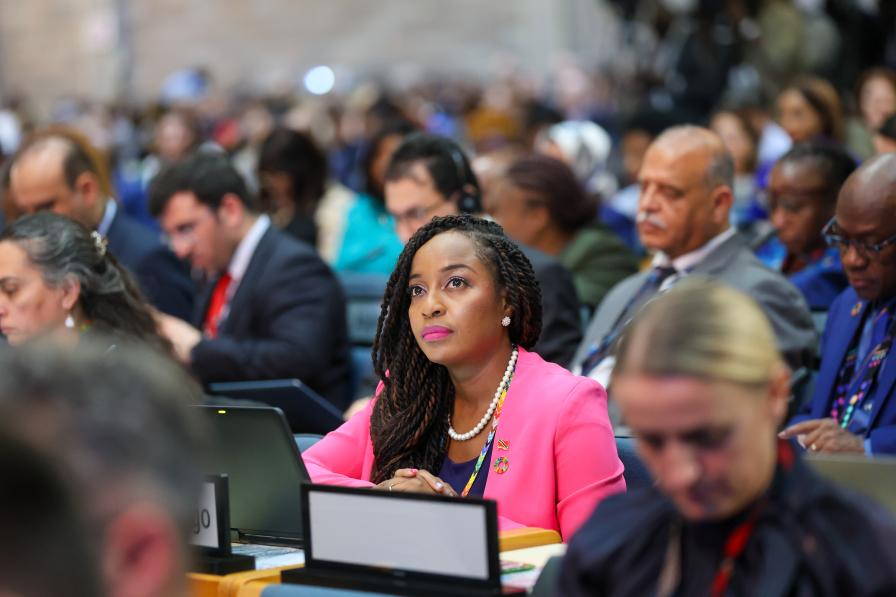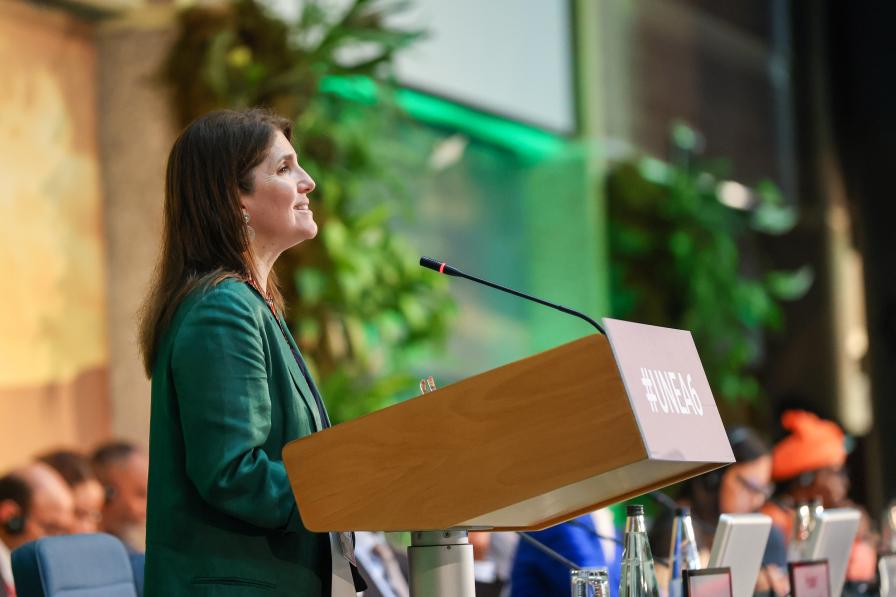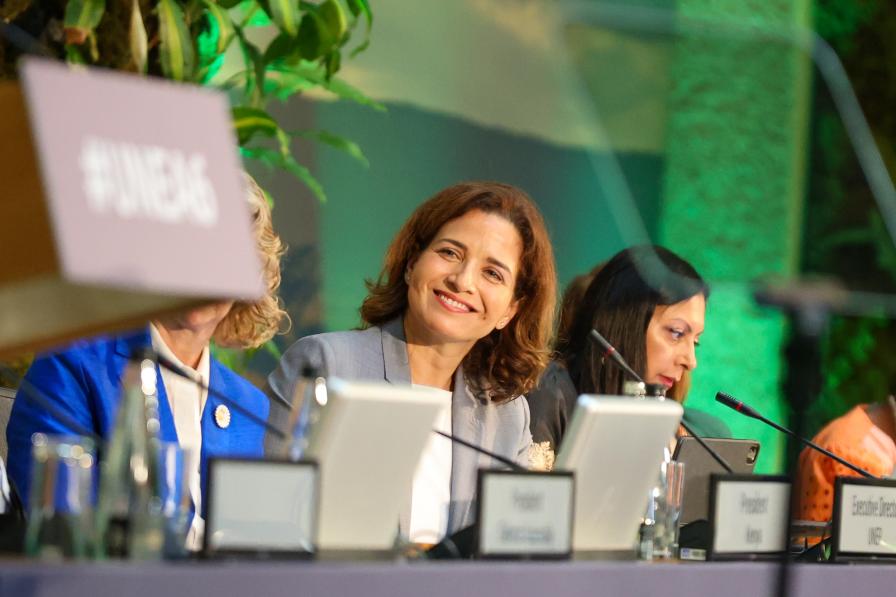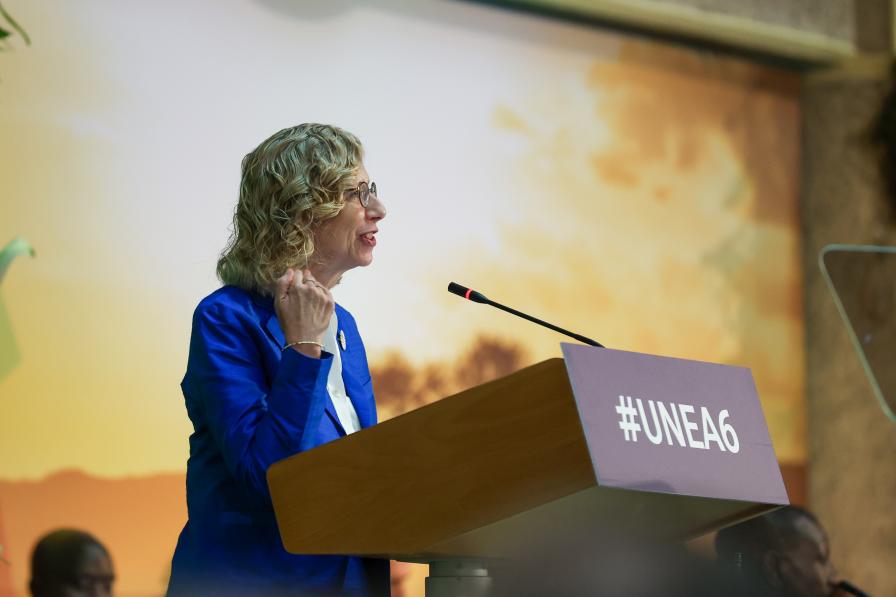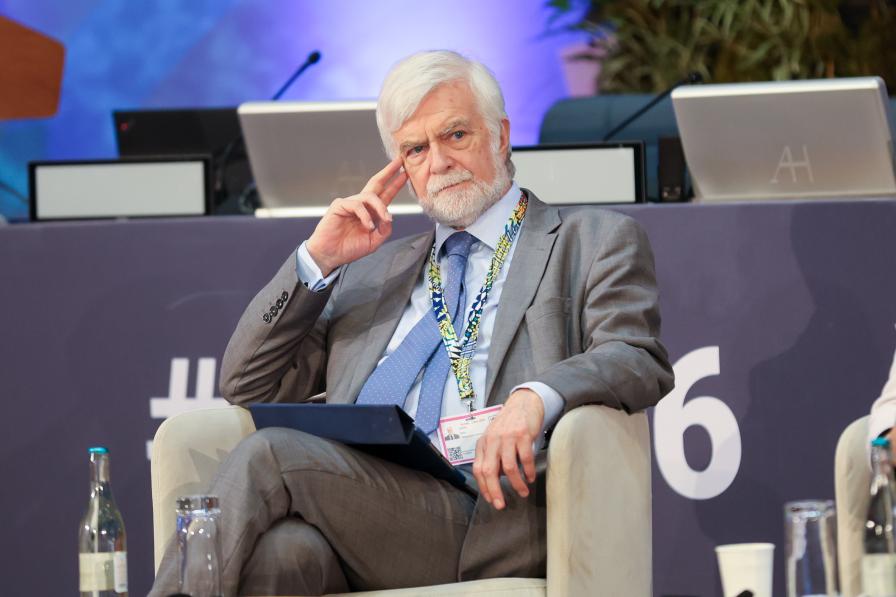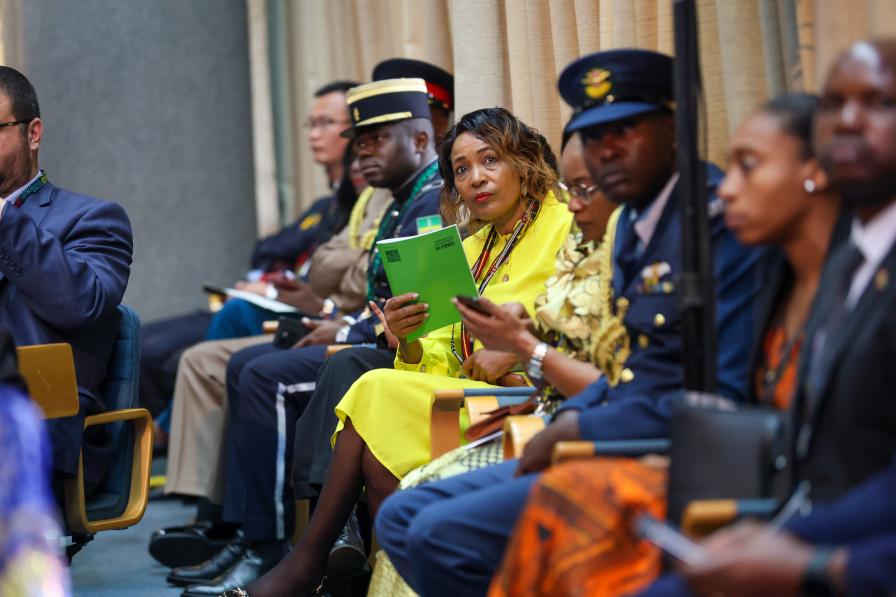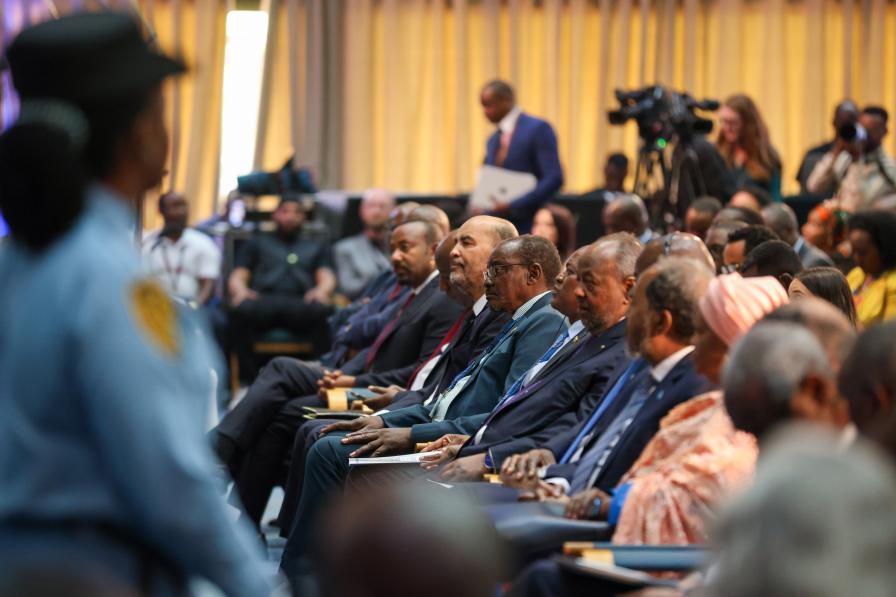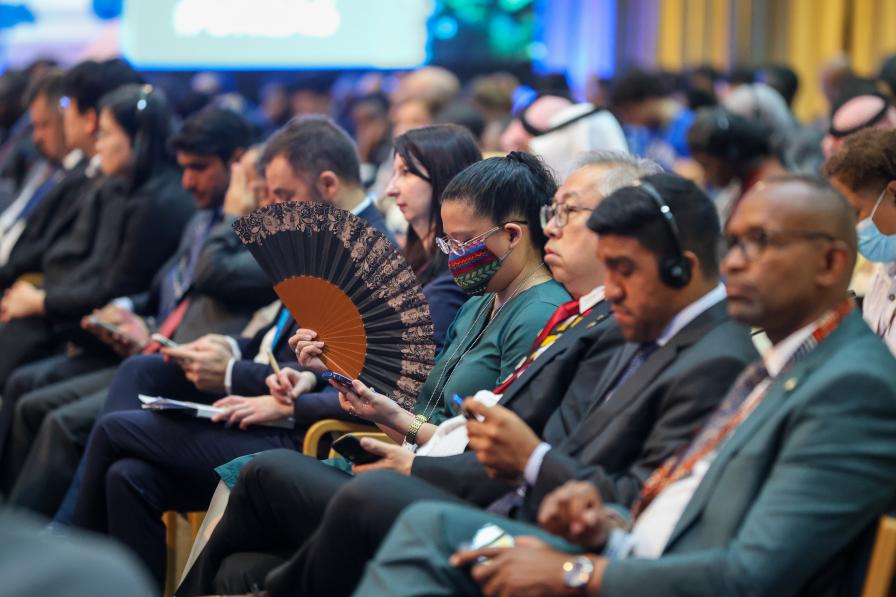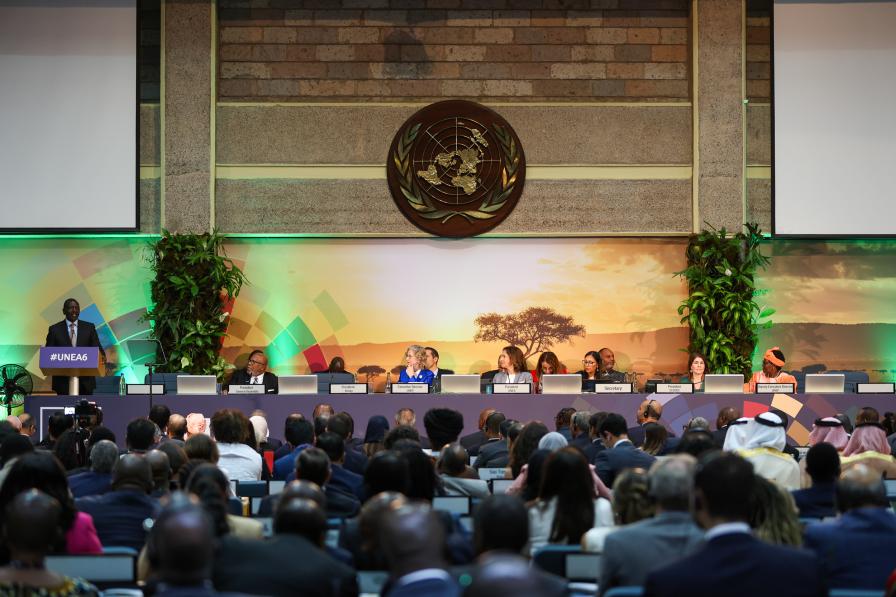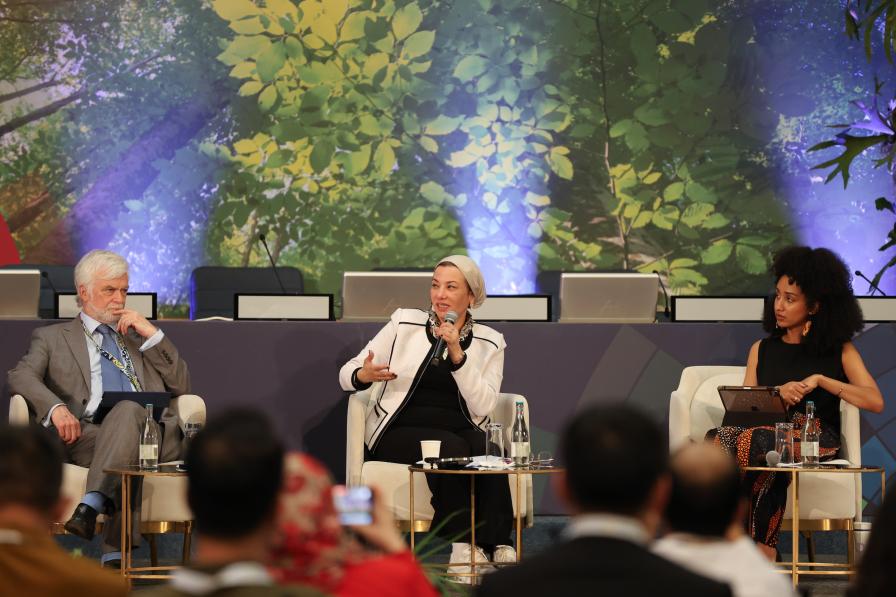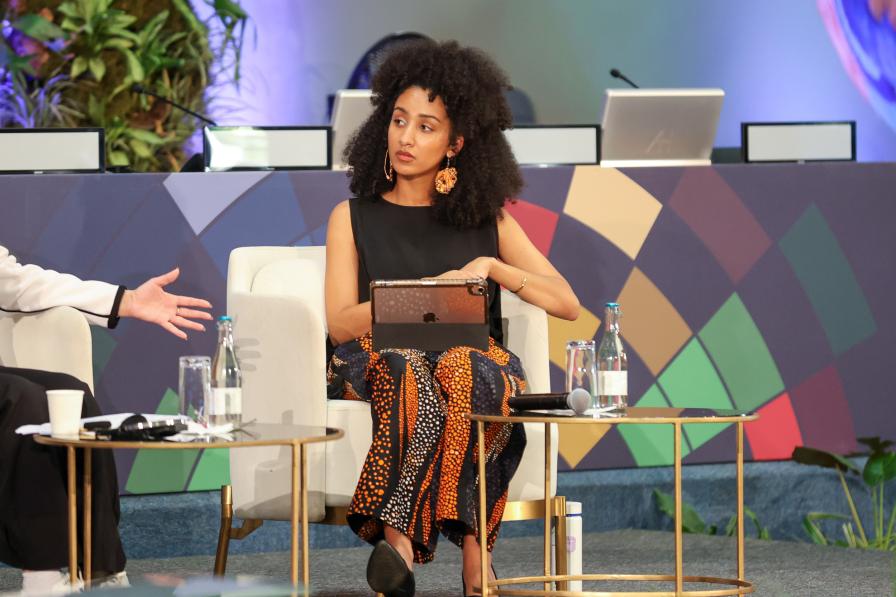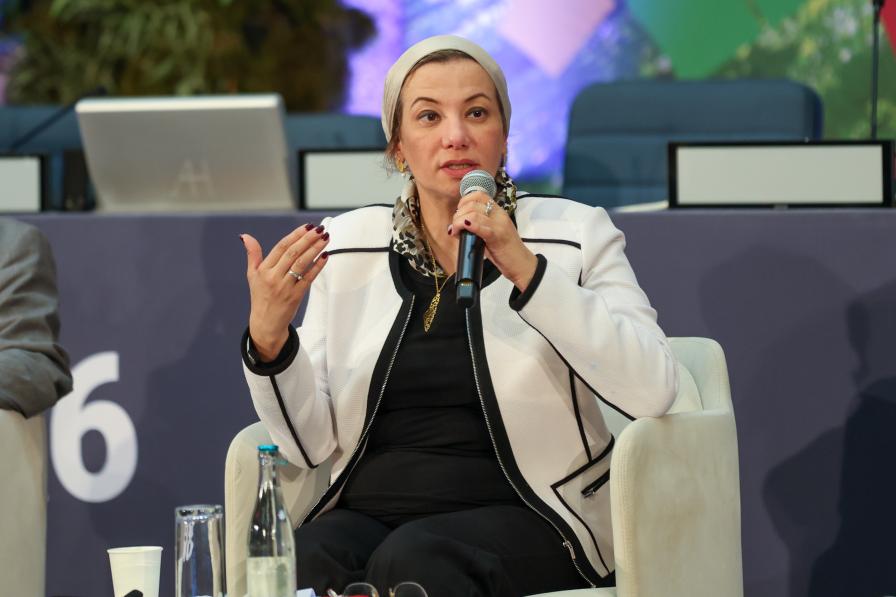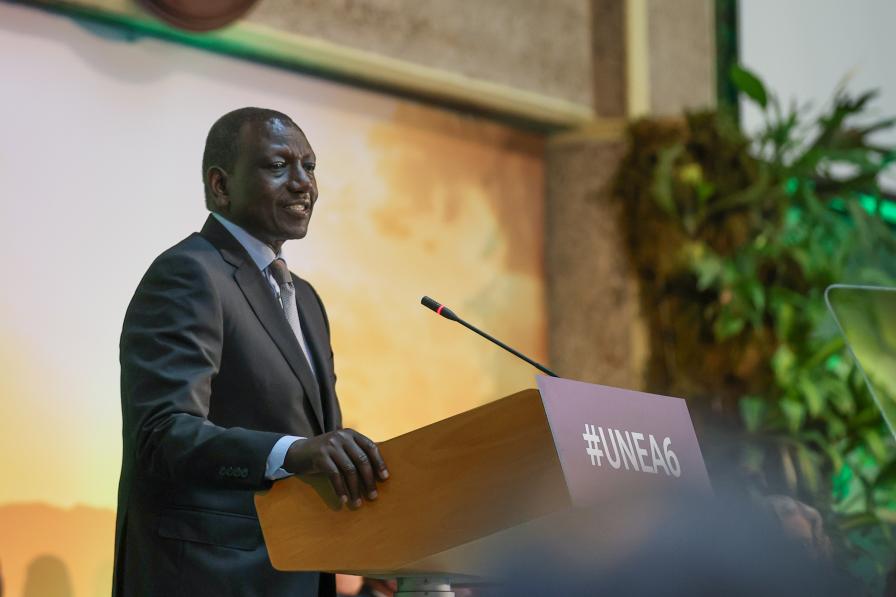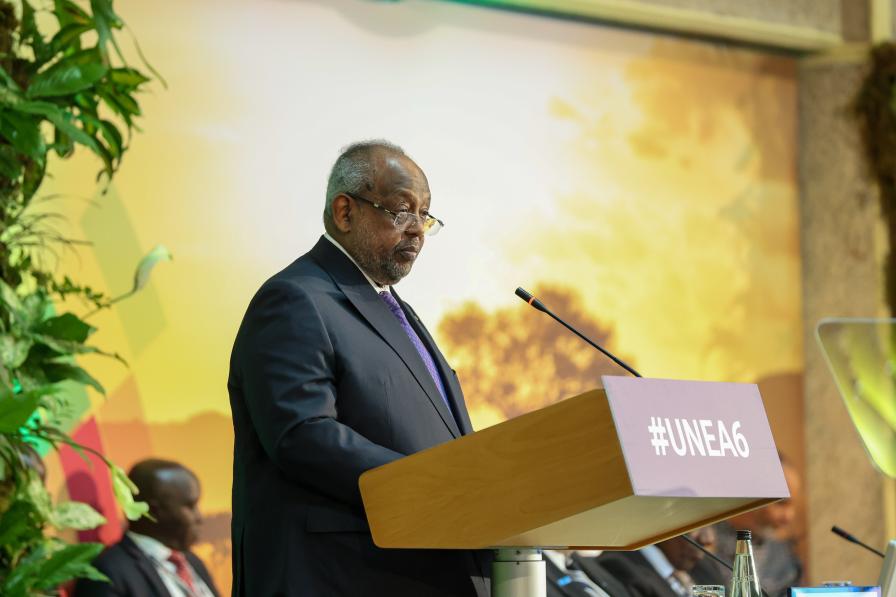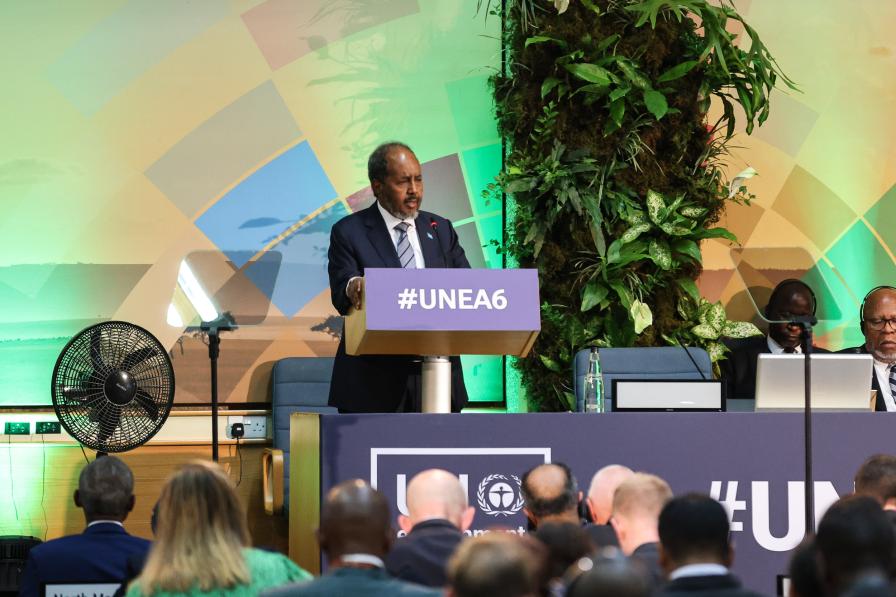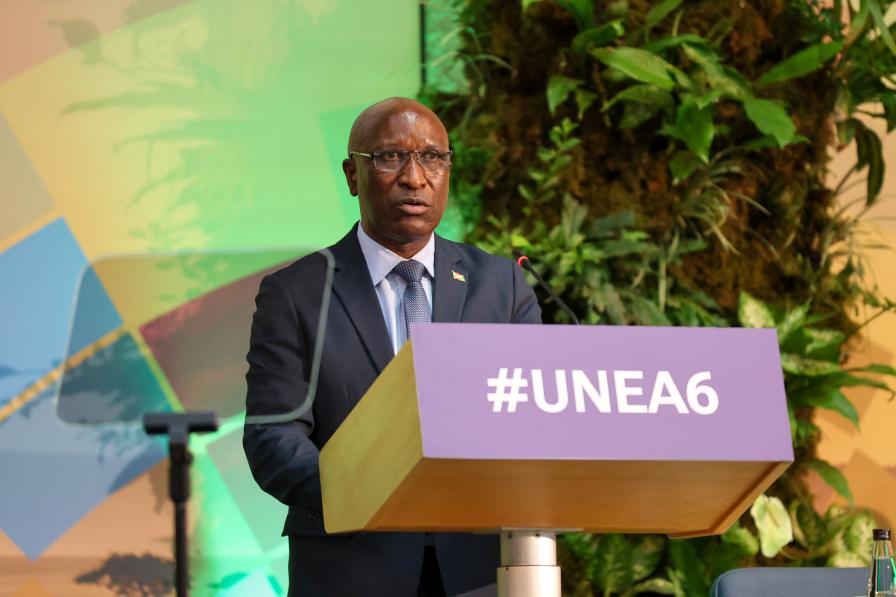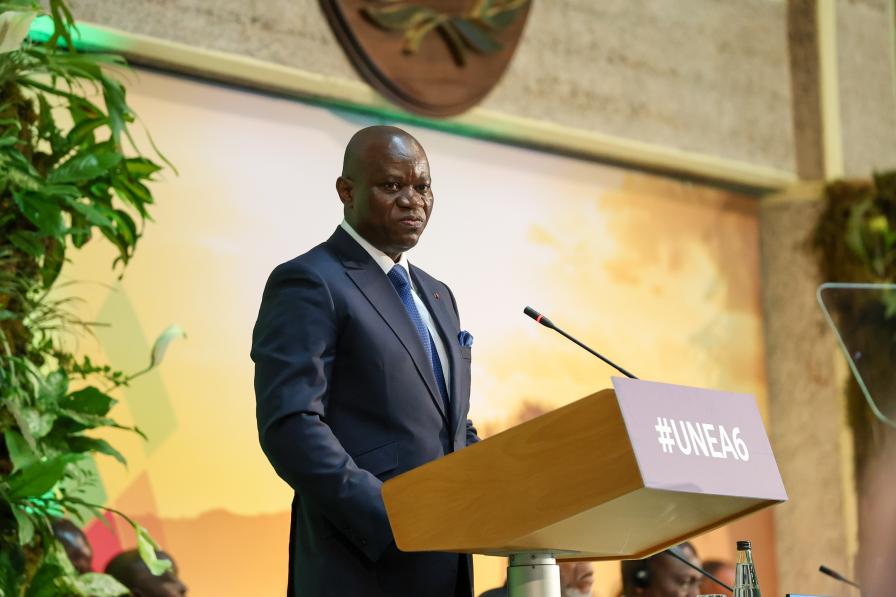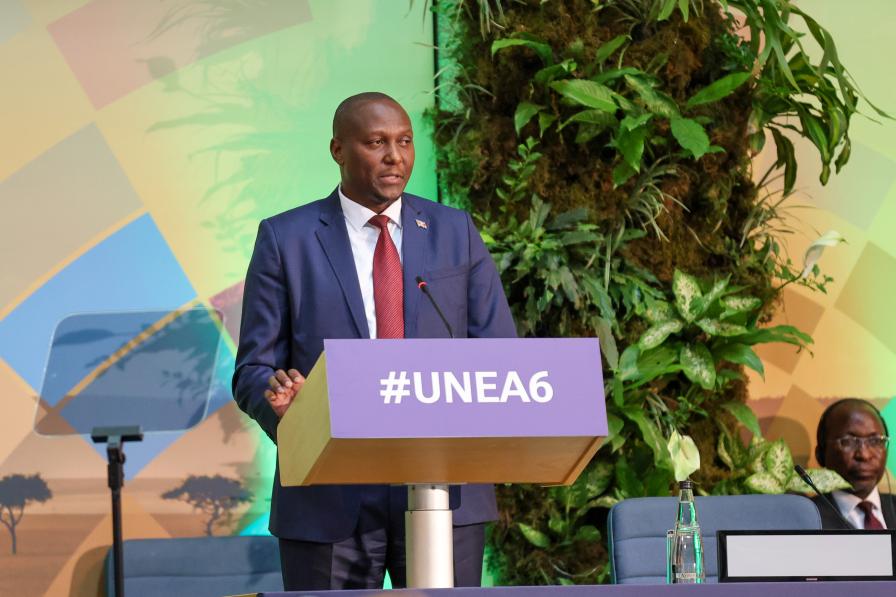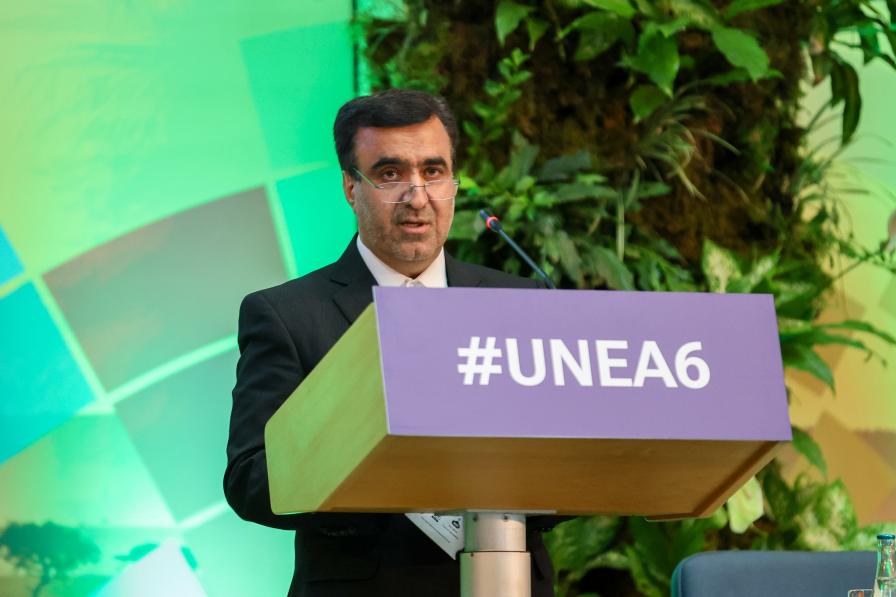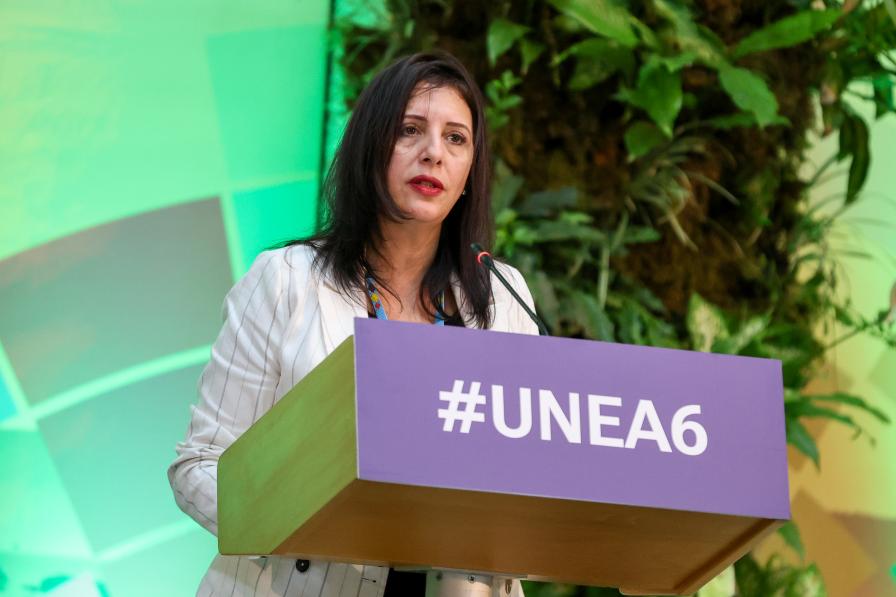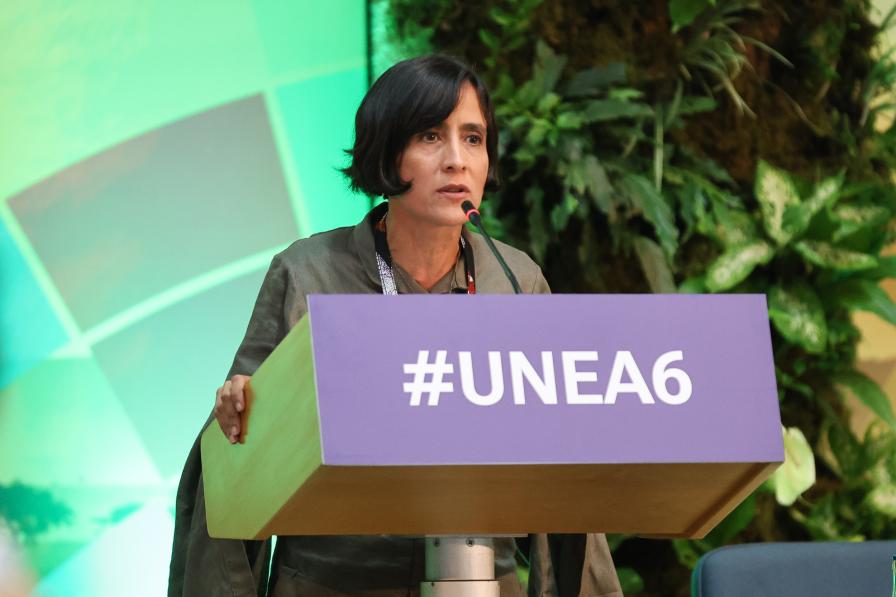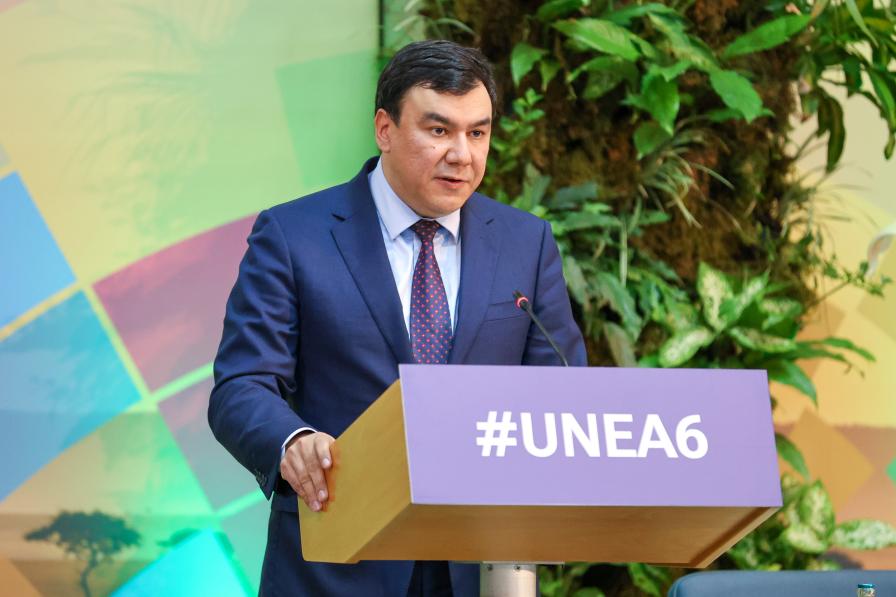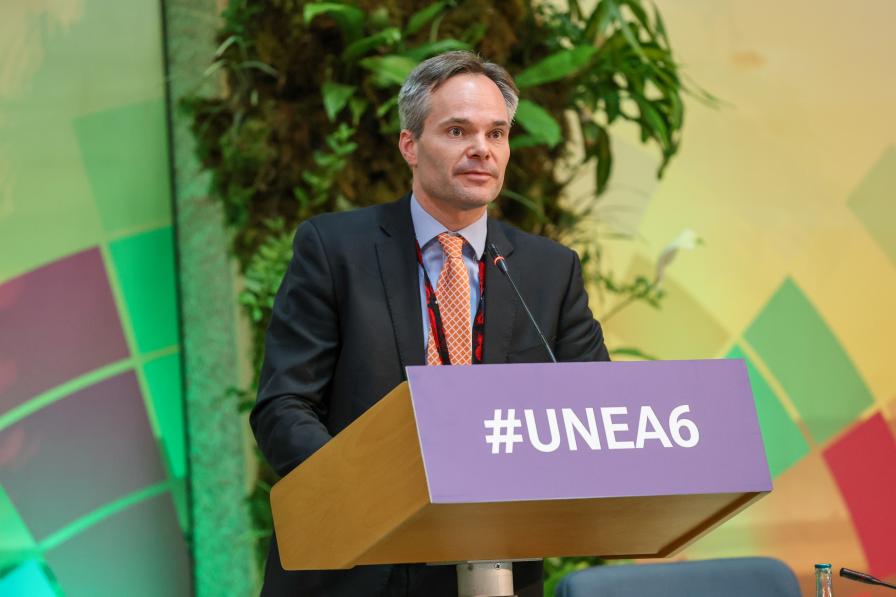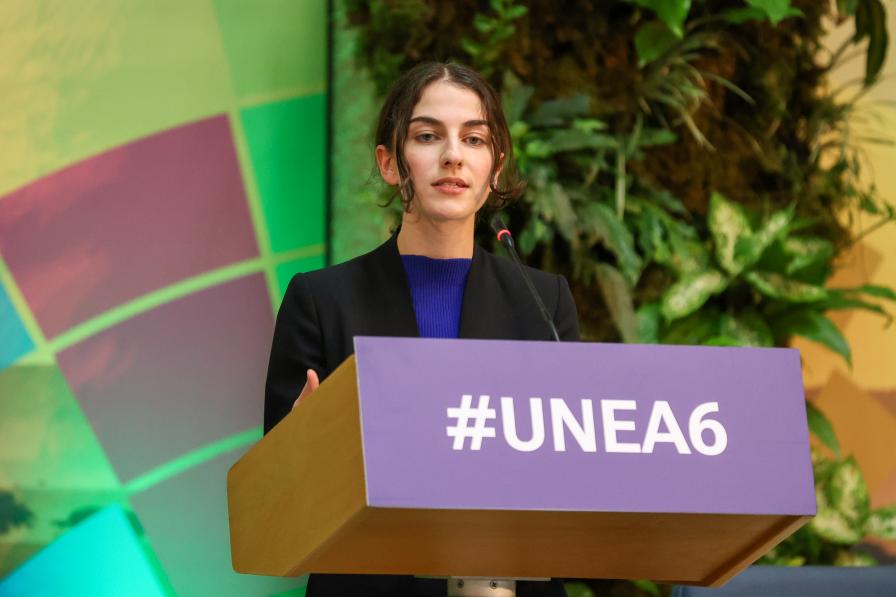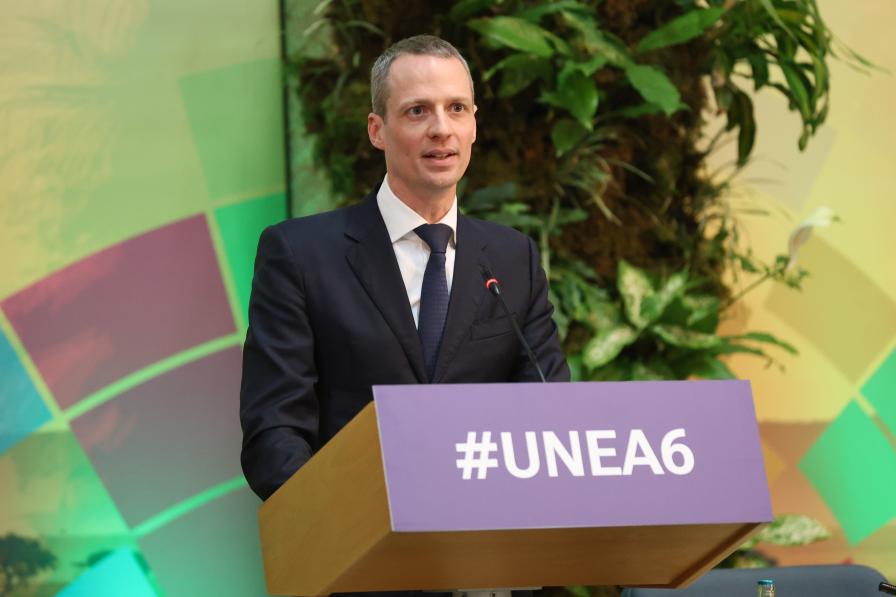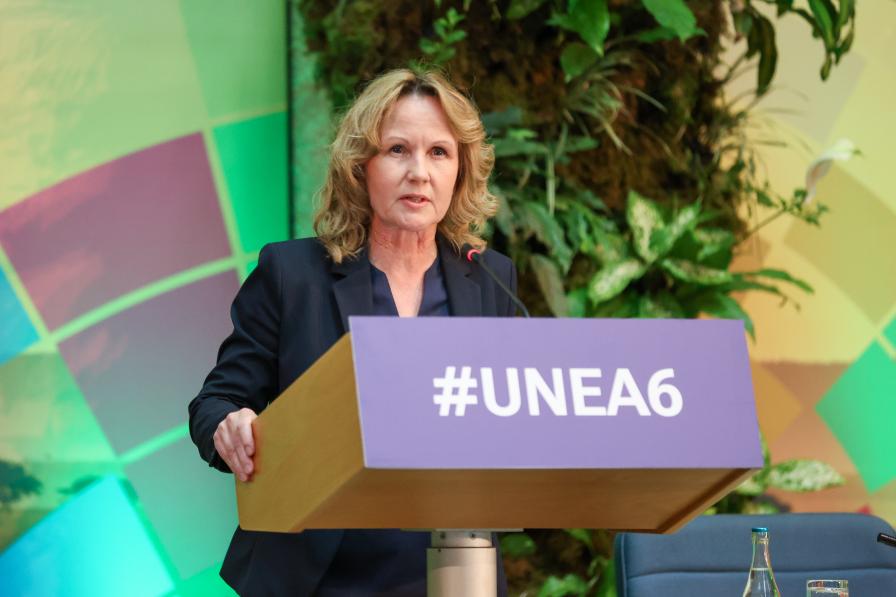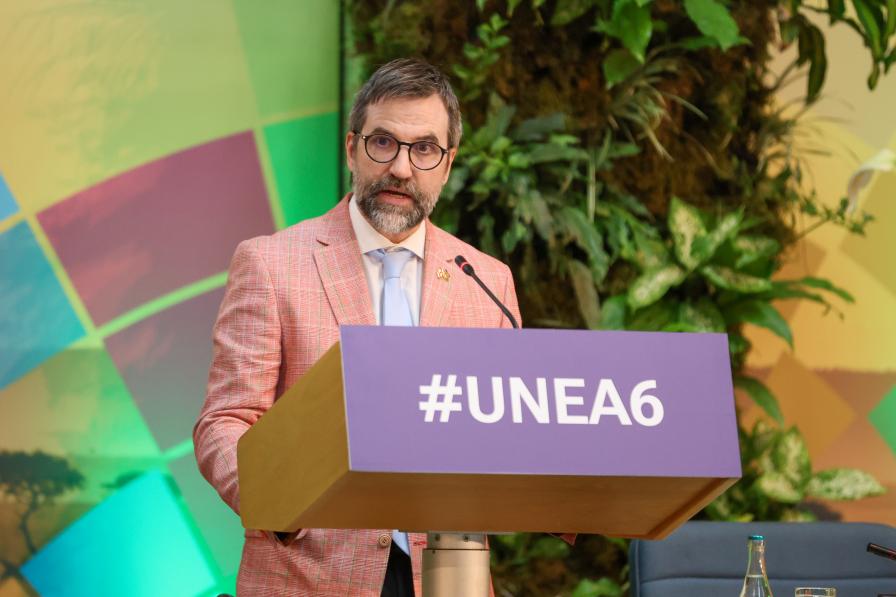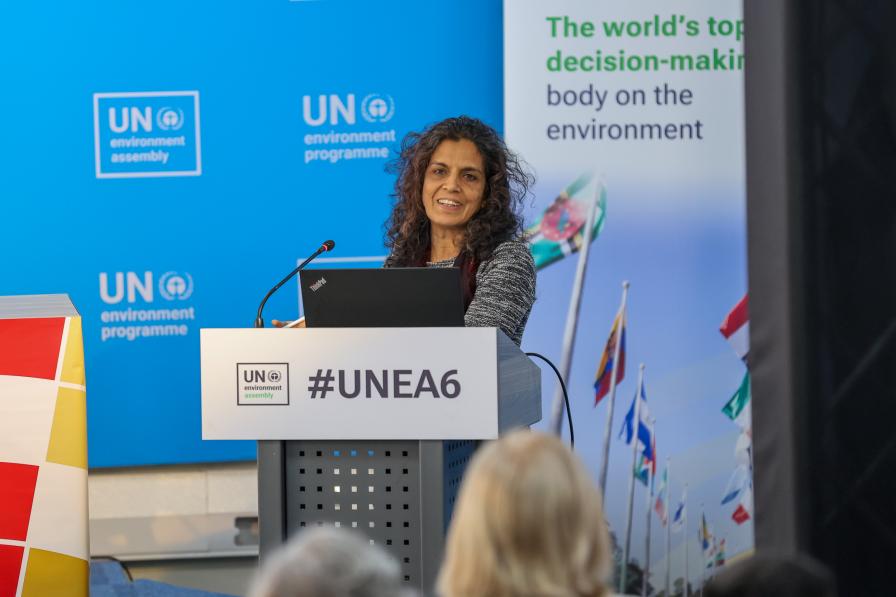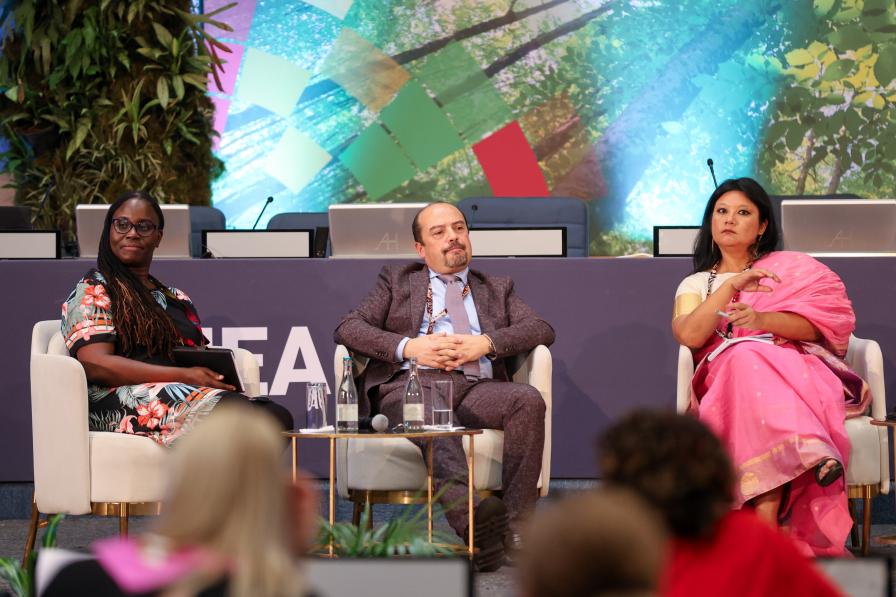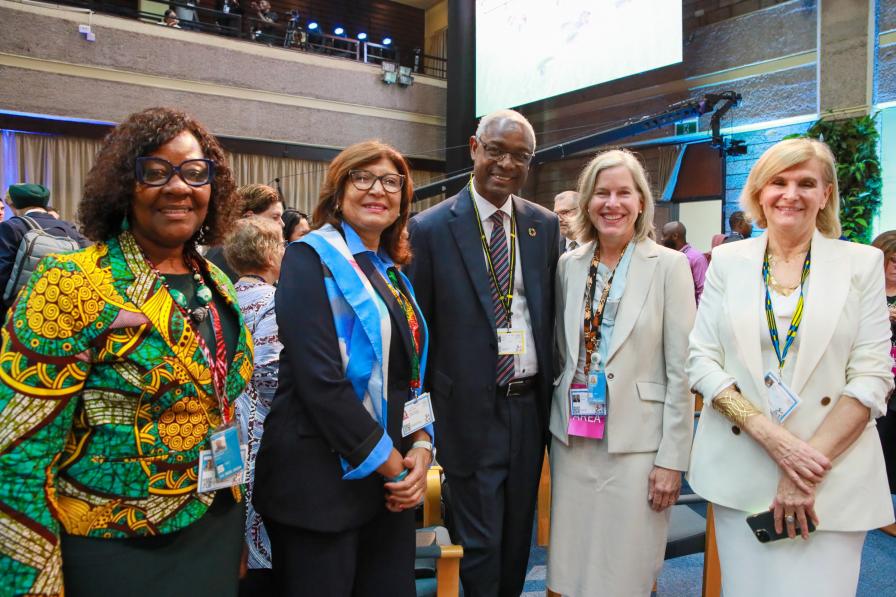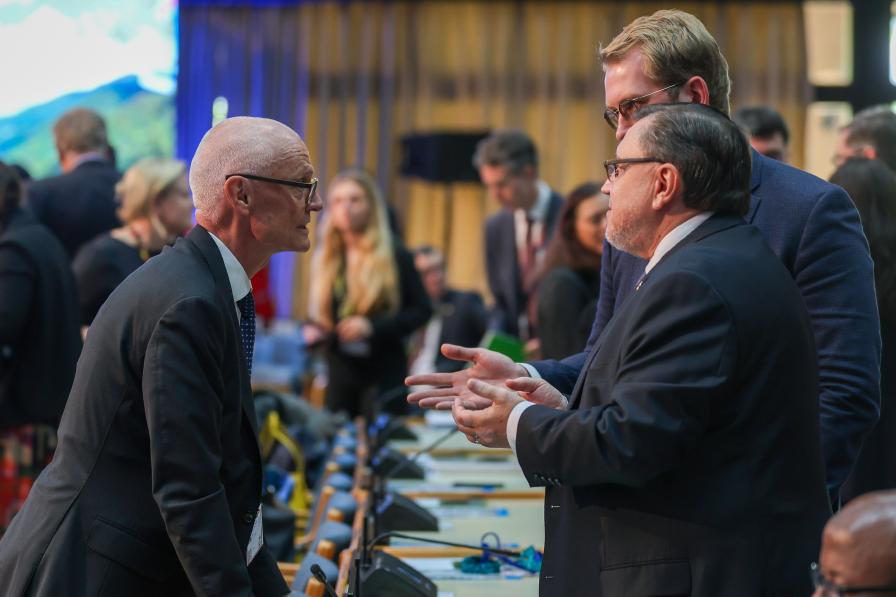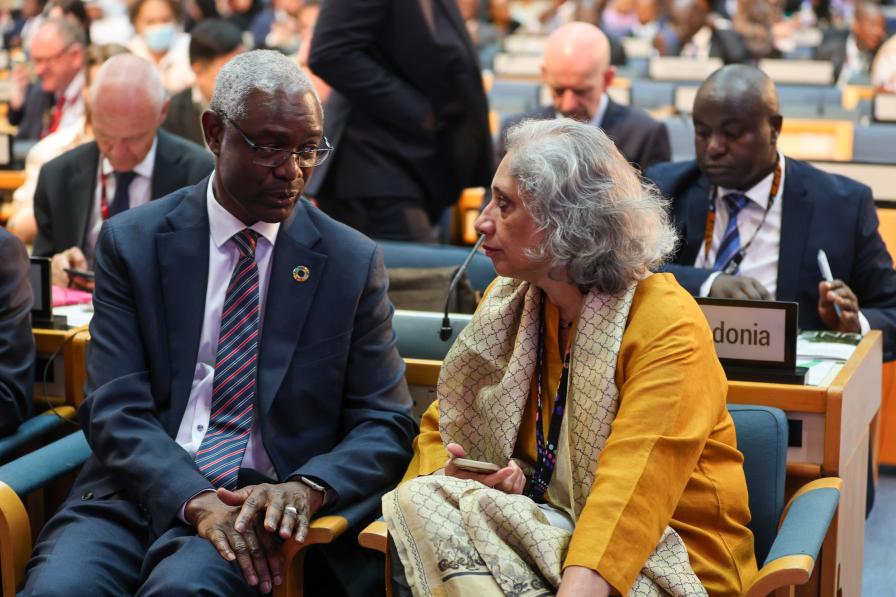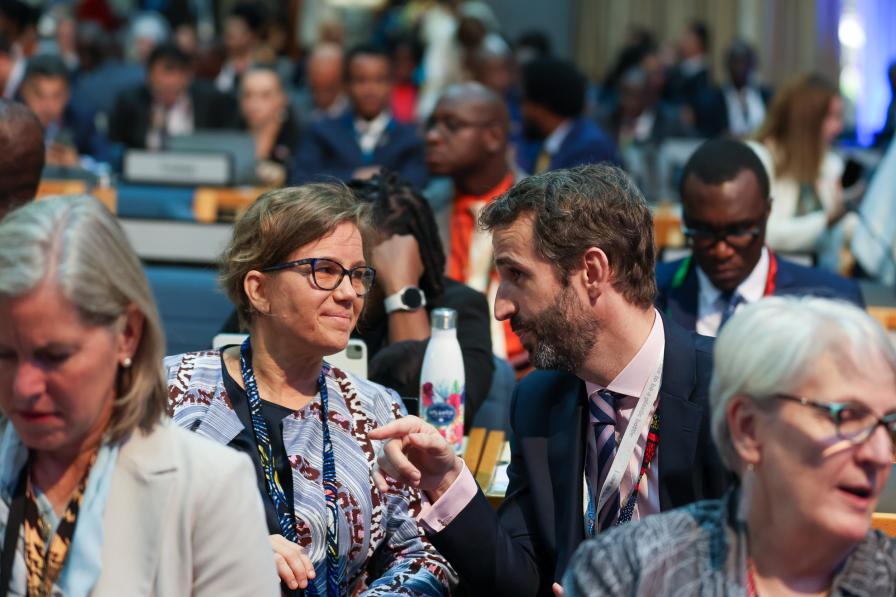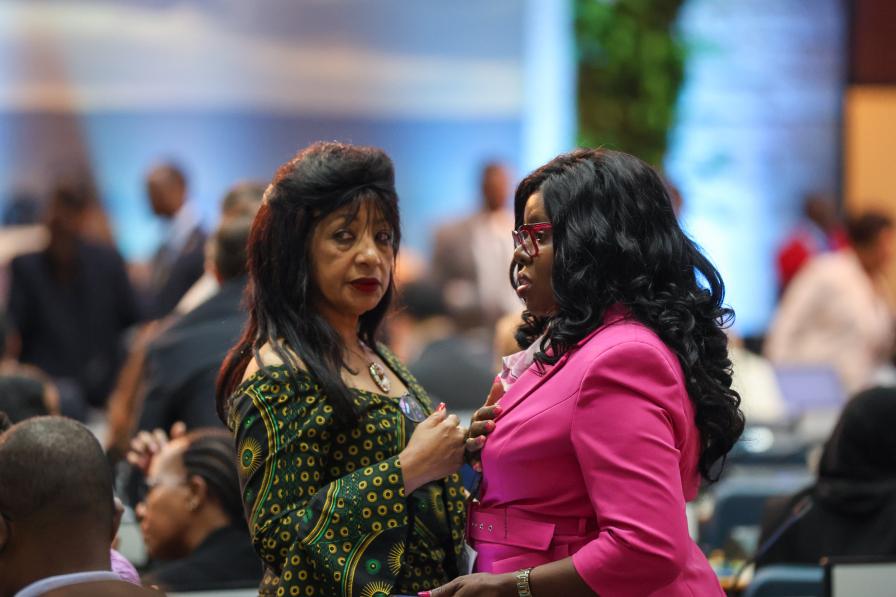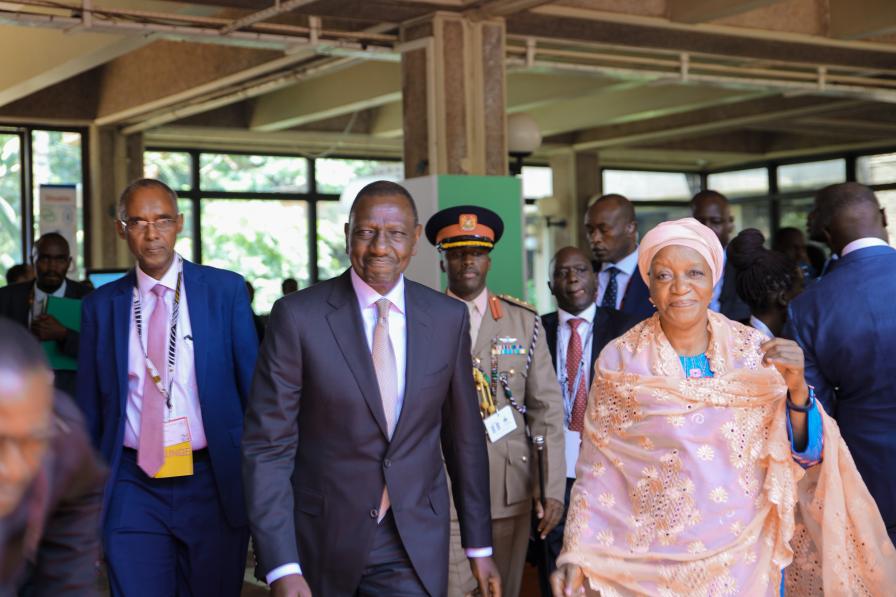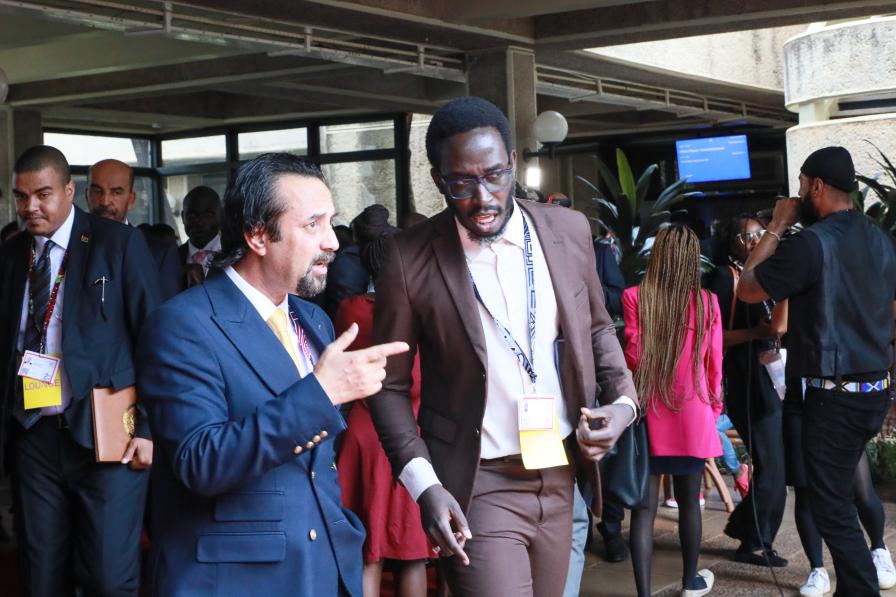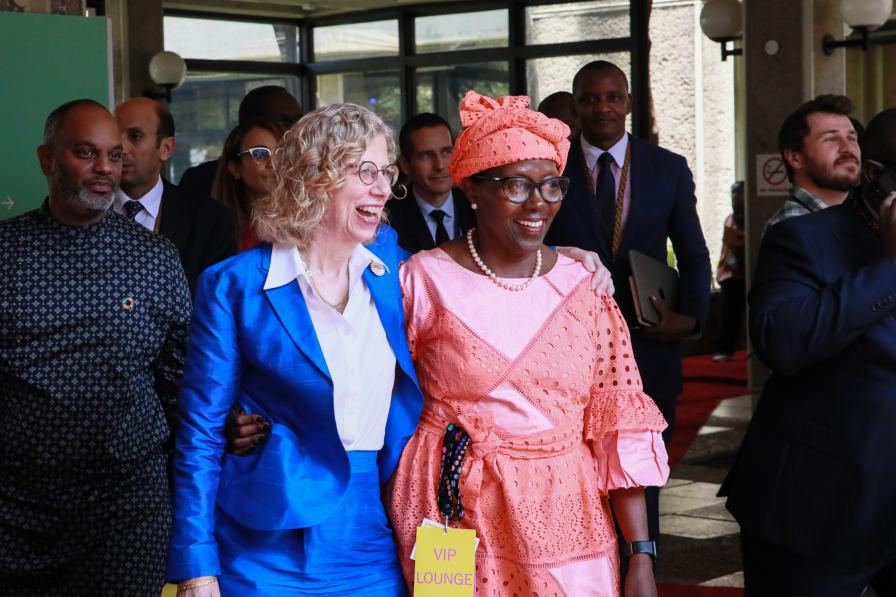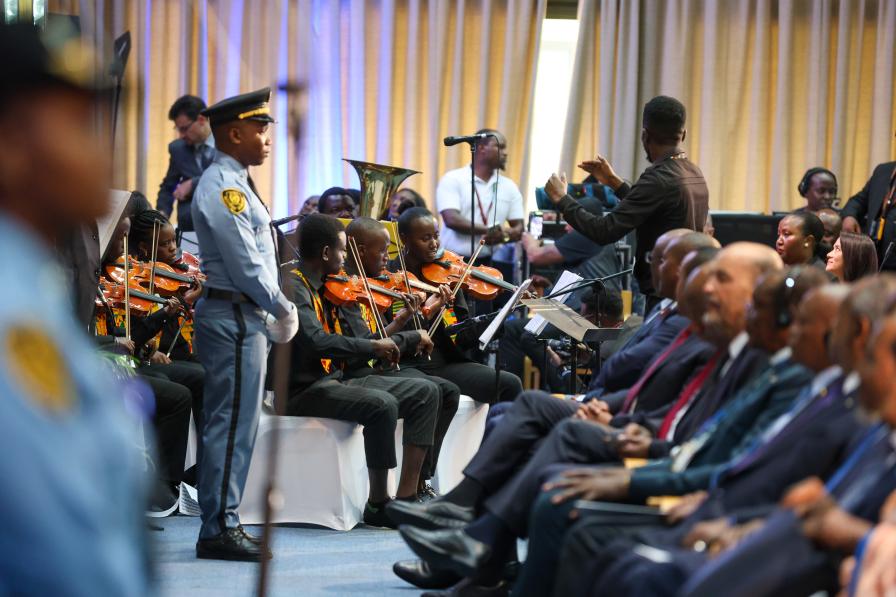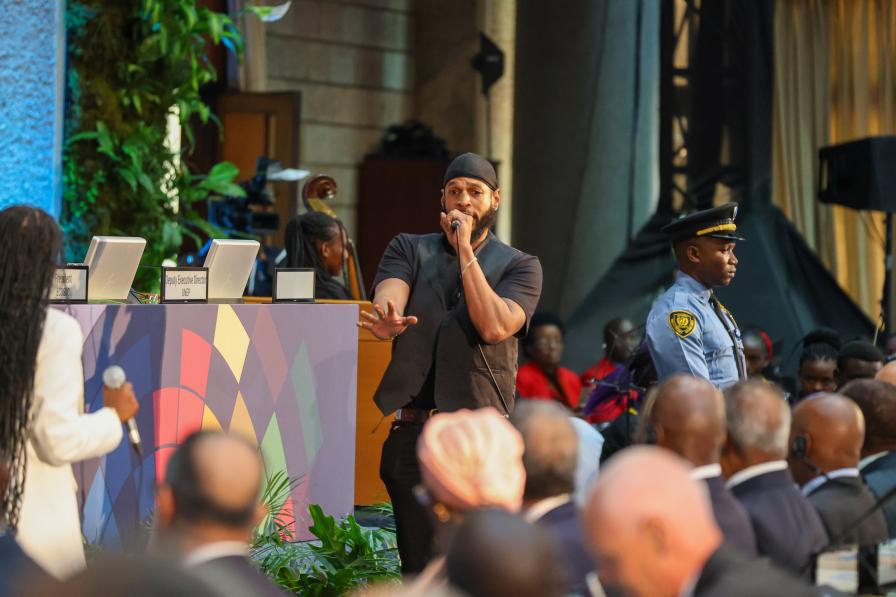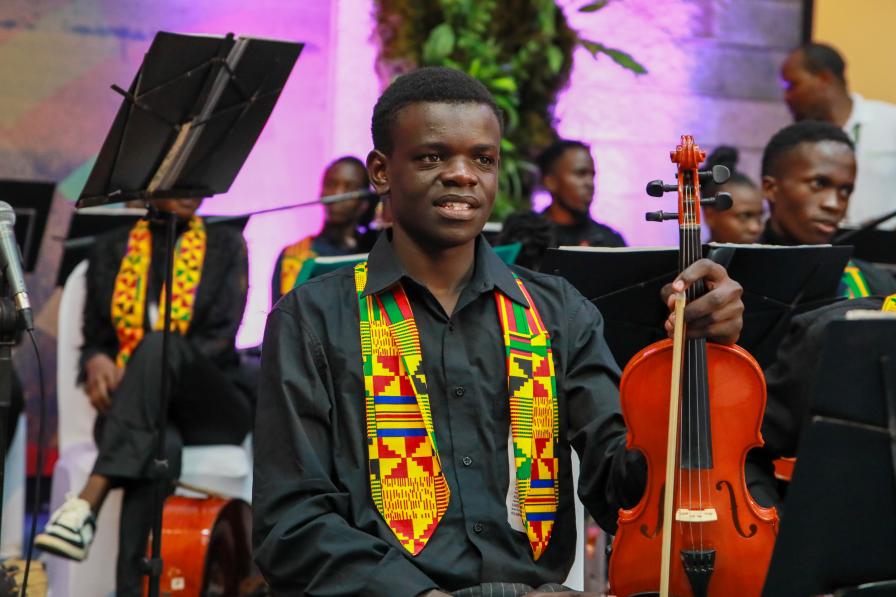On its penultimate day, UNEA-6 kicked into the next gear with a high-level segment, while informal negotiations on outstanding draft resolutions proceeded in parallel.
A warning that the world is fast approaching the point of no return by UNEA-6 President Leila Benali (Morocco) served as yet another wake-up call, stressing the need for environmental multilateralism to deliver critical solutions.
Want to dig deeper? Read the full Earth Negotiations Bulletin daily report.
In his video message, UN Secretary-General António Guterres urged accelerating the just transition from fossil fuels to renewables, capitalizing the Loss and Damage Fund, and finalizing negotiations of the international plastics treaty. Calling for unity to achieve the 2030 Agenda for Sustainable Development, Dennis Francis, President of the 78th session of the UN General Assembly, called for the UNEA-6 outcome to contribute to the human right to a clean, healthy and sustainable environment; and a more equitable, inclusive and resilient future for everyone. Economic and Social Council President Paula Narváez regretted that the pace of progress is insufficient to meet all Sustainable Development Goals (SDGs) by 2030 and stressed the need for their coordinated and integrated implementation.
President William Ruto (Kenya) spoke to the new vision for climate-positive economic growth and development set at the first Africa Climate Summit that was hosted in 2023, based on a reform of the global financial architecture. UNEP Executive Director Inger Andersen called on all to stand together to push back against the triple planetary crisis, and also to ensure intergenerational equity by helping youth grow stronger and wiser than those before them. She urged Member States to harness the “Nairobi spirit” and conclude their hard work at UNEA-6 by passing resolutions and in the strongest form possible.
Knowing that deadlocks in negotiations can sometimes be broken by higher inspiration, many hoped that the warnings and uplifting calls, including by Heads of State and Government from Botswana, Burundi, Djibouti, Eswatini, Gabon, Rwanda, and Somalia, alongside those of many other high-level representatives, floated up through the breezeways to the rooms where negotiators were already sweating during the final rounds of negotiations.
Following agreement by the Committee of the Whole (CoW) during its closing plenary of Wednesday night, delegates seized their ultimate chance to complete negotiations on outstanding resolutions throughout the day. While delegates managed to finalize draft resolutions on highly hazardous pesticides and water policies, the resolution on solar radiation modification was withdrawn by the proponents. Despite working all day, delegates made very slow progress in the informal consultations on land degradation and ocean and seas governance.
Meanwhile in the afternoon, informals on the draft resolution on environmental assistance and recovery in areas affected by armed conflict, with four legal advisors present, managed to reach agreement on a reference that such assistance should be subject to requests of UN Member States or members of UN specialized agencies, and on an outstanding reference to people in vulnerable situations, with a footnote that includes a list of such people, and people under occupation and other groups.
The informally agreed resolutions were forwarded for technical editing and translation, with a view to their adoption by Friday’s UNEA-6 closing plenary session. Delegates continued to try to reach agreement on ocean and seas governance and land degradation into the night.
To receive free coverage of global environmental events delivered to your inbox, subscribe to the ENB Update newsletter.
All ENB photos are free to use with attribution. For UNEA-6 and OECPR-6 please use: Photo by IISD/ENB - Mike Muzurakis
High-Level Segment
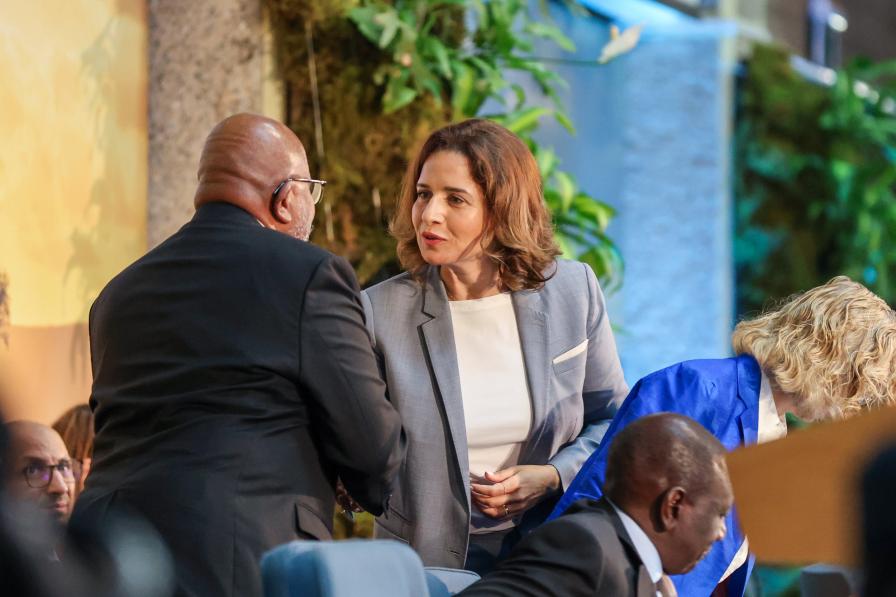
Dennis Francis, President of the 78th Session of the UN General Assembly, Trinidad and Tobago, and UNEA-6 President Leila Benali, Morocco
Around the Venue
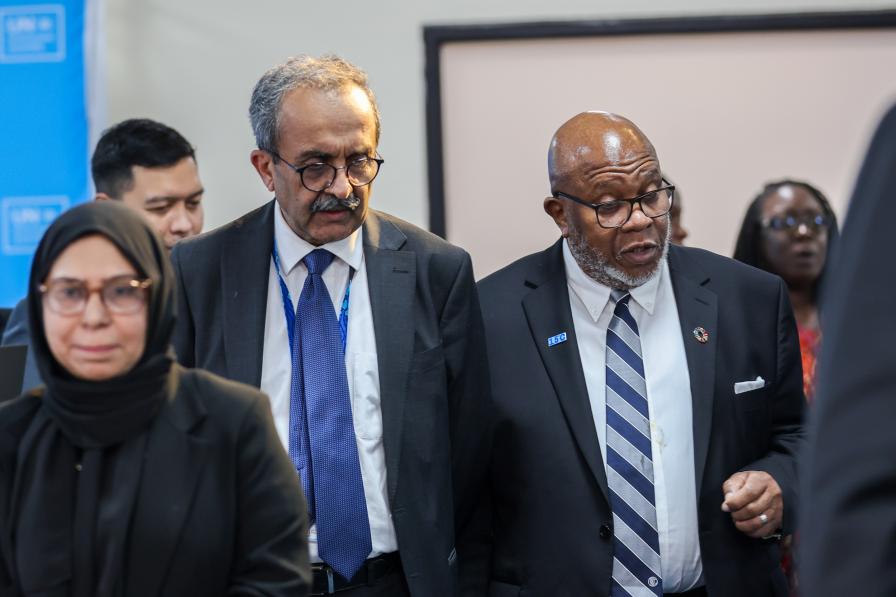
Jamil Ahmad, UNEP, with Dennis Francis, President of the 78th Session of the UN General Assembly, Trinidad and Tobago
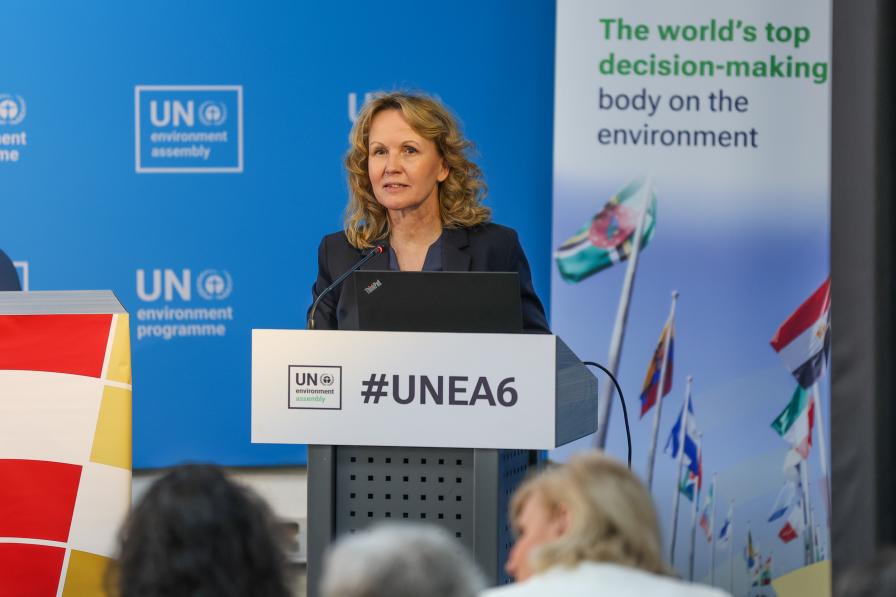
Steffi Lemke, Federal Minister for the Environment, Nature Conservation, Nuclear Safety and Consumer Protection, Germany
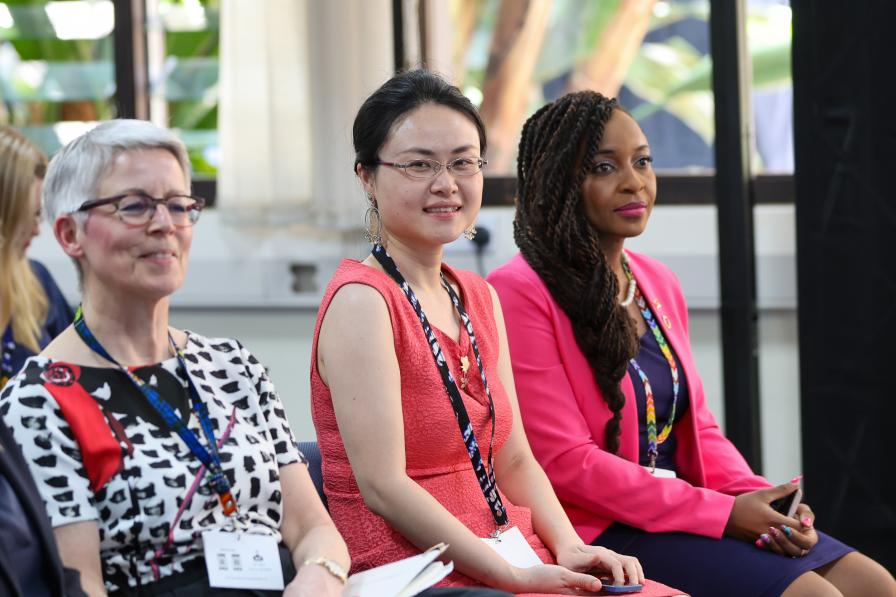
From L-R: Anita Breyer, President of the 5th session of the International Conference on Chemicals Management (ICCM5); Mengjiao Wang, Greenpeace International; and Keima Gardiner, Trinidad and Tobago

